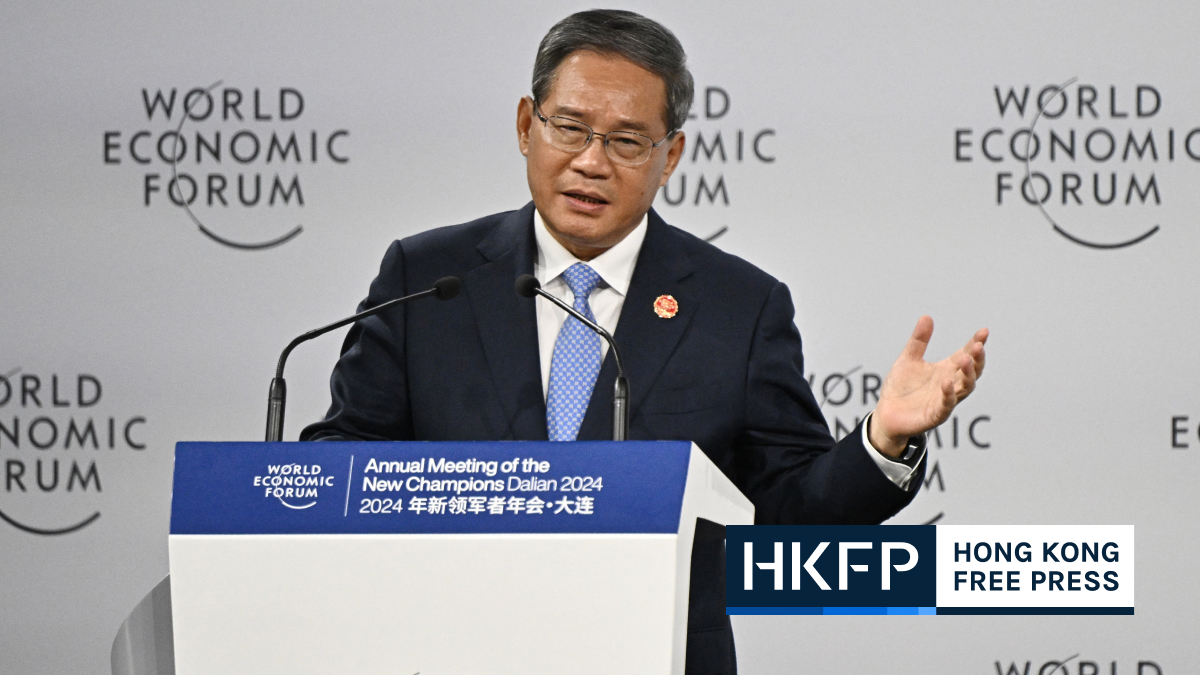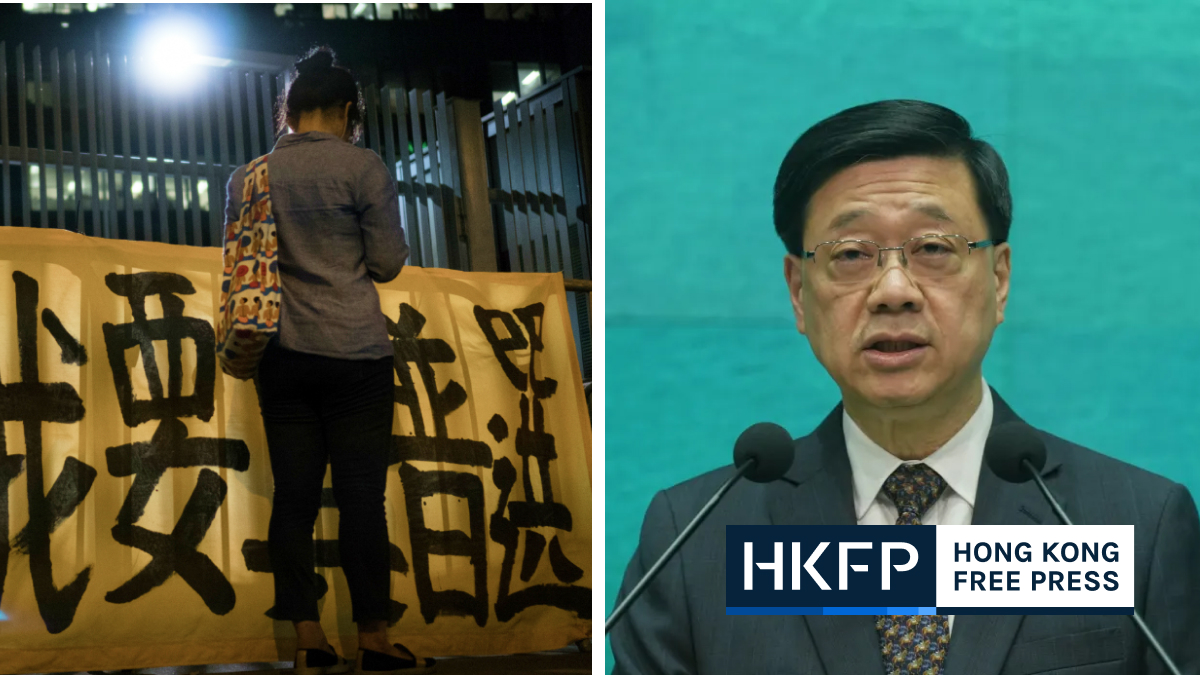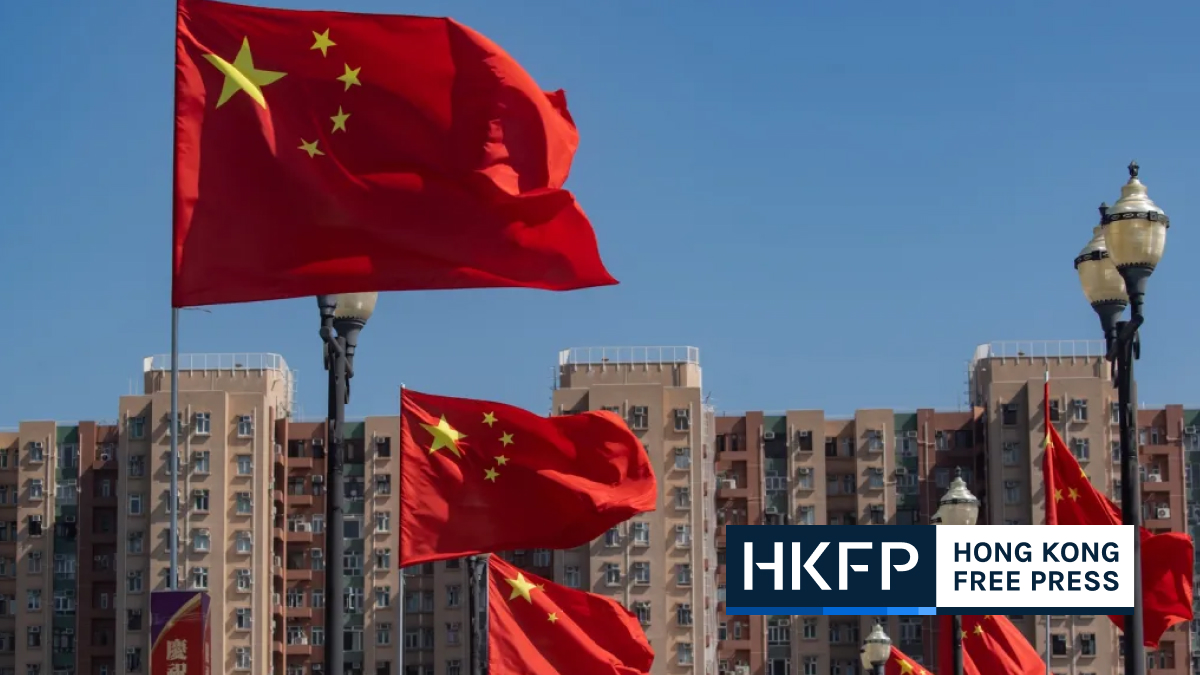China’s carbon dioxide emissions fell in March for the first time since its economy reopened after pandemic restrictions, suggesting the country’s emissions may have peaked, according to a new analysis.
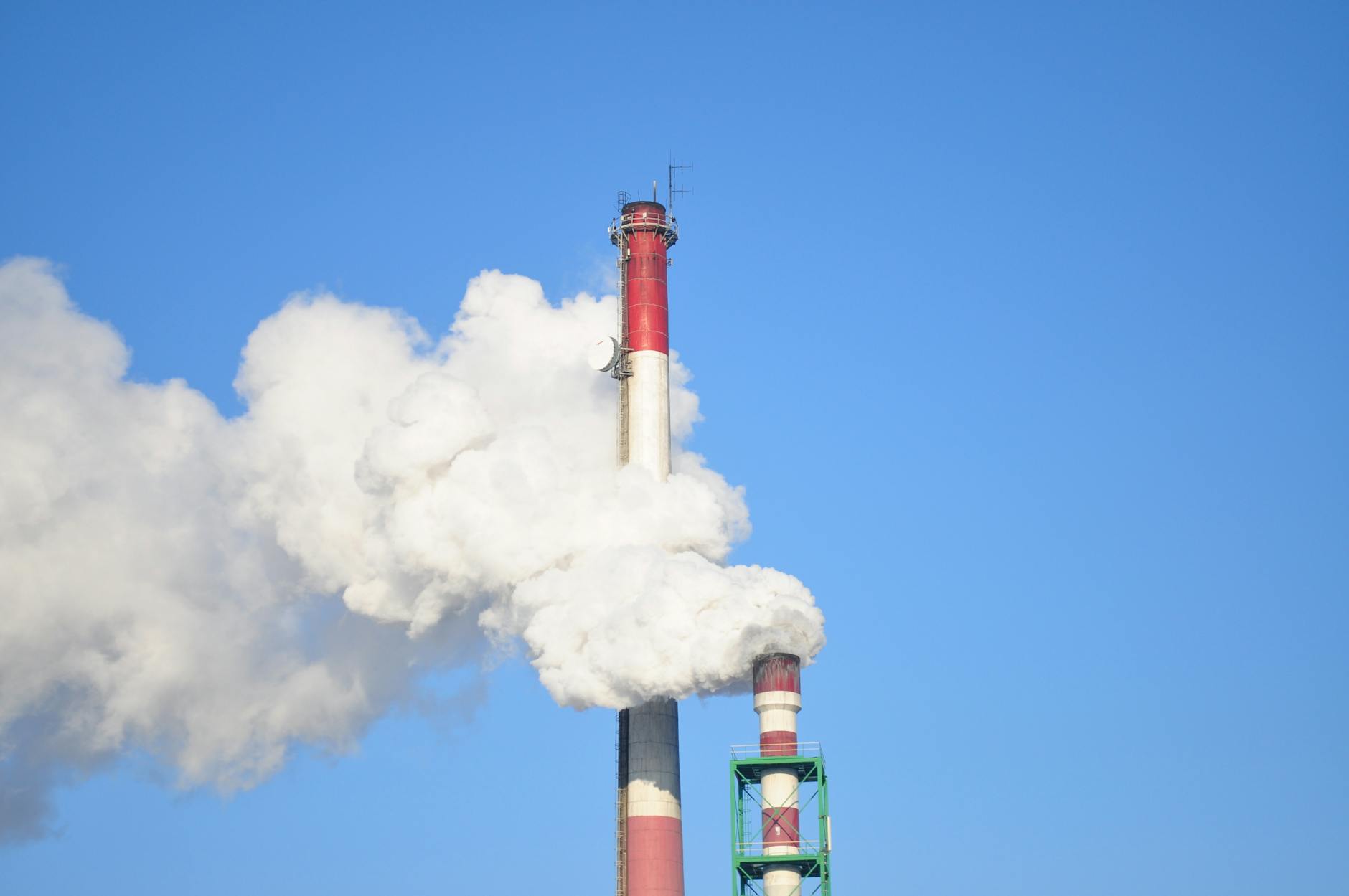
The March drop was the result of expanding renewable capacity, which covered almost all the growth in electricity demand, and a major slump in construction activity.
If renewable capacity continues to grow at record levels, China’s emissions may have peaked in 2023, according to the analysis by Lauri Myllyvirta of the Centre for Research on Energy and Clean Air.
Writing for Carbon Brief, Myllyvirta said China’s carbon dioxide emissions fell three percent in March 2024 from a year earlier, based on an analysis of official data.
Emissions for the quarter were still higher, but that was because January and February 2024 were being compared to the still-sluggish period after Covid-19 restrictions were lifted in December 2022.
March is “the first month to give a clear indication of the emissions trends after the rebound”, the analysis, published Tuesday, said.

While the March figure is a single data point, it tracks projections from last year and suggests key trends.
Power sector emissions stabilised due to increases in solar and wind generation, while steel production dropped eight percent and cement production slumped a massive 22 percent on-year.
That reflects a slowdown in the real estate sector that is likely to continue.
The growing uptake of electric vehicles, meanwhile, continues to hit demand for oil, with EVs now accounting for slightly more than 10 percent of all vehicles on the road — up from seven percent last year, based on sales data.
Crucially, while electricity demand grew — including at the household level because of air conditioner purchases — almost 90 percent of the additional demand in March was covered by renewables, Myllyvirta wrote.
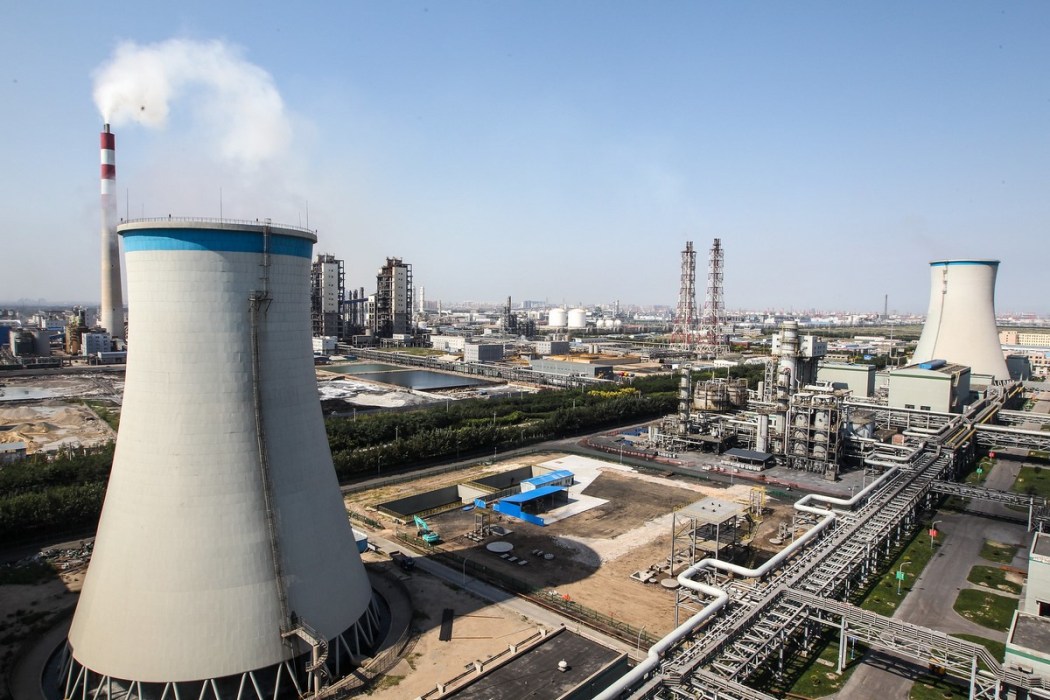
Much of that renewable capacity is in the form of small-scale solar, which is increasingly important in China’s renewables surge.
Over the first quarter of the year, solar and wind installations were up 40 percent, though there are continued constraints on grid access for new capacity.
As a result, wind and solar still account for just 15 percent of China’s power generation, though authorities are moving to better integrate renewables into the grid, Myllyvirta wrote.
However, China’s emissions track remains uncertain, with differing views on whether the renewable installation rate will grow or slow.
And government targets for GDP growth and carbon intensity — the emissions generated per unit of GDP — suggest Beijing could still be on track for increased emissions, the analysis warned.
China also continues to invest in coal, and while growth in coal capacity slowed slightly in the first quarter of the year, a significant number of power plants remain in the pipeline.
Dateline:
Bangkok, Thailand
Type of Story: News Service
Produced externally by an organization we trust to adhere to high journalistic standards.
Support HKFP | Policies & Ethics | Error/typo? | Contact Us | Newsletter | Transparency & Annual Report | Apps
Help safeguard press freedom & keep HKFP free for all readers by supporting our team

LATEST FROM HKFP
HKFP has an impartial stance, transparent funding, and balanced coverage guided by an Ethics Code and Corrections Policy.
Support press freedom & help us surpass 1,000 monthly Patrons: 100% independent, governed by an ethics code & not-for-profit.




